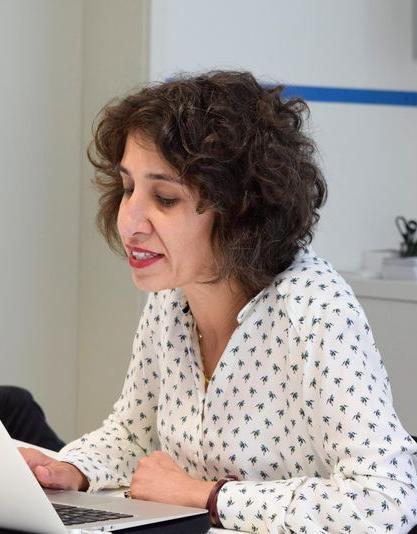Seda Altuğ’s project explores the management of the land issue in the late-Ottoman Empire and Syria under the French mandate as it is played out in citizenship practices. It delves into the debates on and through land in different temporal and spatial settings, and explores the ways in which struggles over property and access to resources between rivalling local social actors and the state (both the Ottoman imperial and the French colonial states) are implied in the governing of ethno-religious difference. The land question addresses a set of controversial political, economic/fiscal, legal and cultural issues ranging from the ordering and standardization of the land regime, to land distribution and the promotion of small peasantry implicating a redefinition in the relationship between land, state and the individual/community/nation, all in the making. Thus, it is intertwined with other claims such as sovereignty, economic/political power and identity both in the late Ottoman Empire and French-Syria, in different ways though.
Politics of Property: Conflict over Land and Sectarianism in the Late Ottoman Empire and French-Syria
Seda Altuğ (Berlin Graduate School Muslim Cultures and Societies / EUME Fellow 2017-19), Chair: Malak Labib (EUME Fellow of the Fritz Thyssen Foundation 2018/19)
Forum Transregionale Studien, Wallotstr. 14, 14193 Berlin

By drawing on two different sets of literatures and historical contexts, this talk strives to figure out the ways in which the modern land conflicts and the controversial process of their settlement have become intertwined with the nation/colonial state’s attempt to work out particular citizenship practices leading up to significant transformations in local and national power structures. In particular, this talk will focus on the land question in the Eastern Provinces of the Ottoman Empire in the late half of the 19th and early 20th centuries as it intersected with and was implicated in the Armenian Genocide (1915) and in carving out the contours of the Kurdish question later under Republican Turkey. In a similar vein, the French colonial efforts at cadastre, its inefficacy and local resistance in Syria will be approached as another domain through which both the state power along with the contours of the community, nation and citizen were produced, negotiated, and reproduced. In the late-Ottoman Empire and in French-Syria, a harbour for hundreds of thousands of Christian and Kurdish refugees from the Ottoman Empire/Turkey, different modalities of violence were an integral part of the constitution of both the land regime and citizenship practices.
Seda Altuğ is a lecturer at the Atatürk Institute for Modern Turkish History at Boğaziçi University, Istanbul. She received her PhD from Utrecht University, Netherlands. Her dissertation is entitled Sectarianism in the Syrian Jazira: Community, Land and Violence in the Memories of World War I and the French Mandate (1915–1939). Her research interests cover state-society relations in French-Syria, sectarianism, land question, empire, border and memory. She has recently started working on land and property regimes in the late Ottoman East and Syria under the French mandate. She was an Irmgard Coninx Prize EUME Fellow during the academic year of 2017/18 and continues to be with EUME in the academic year of 2018/19 as a Fellow of the Forum Transregionale Studien. In 2019, she is associated with the Berlin Graduate School Muslim Cultures and Societies at Freie Universität Berlin as Einstein Junior Fellow in the Academic Freedom Program.

